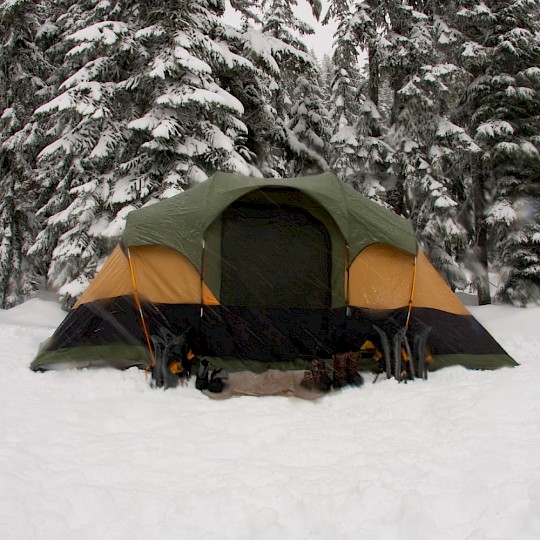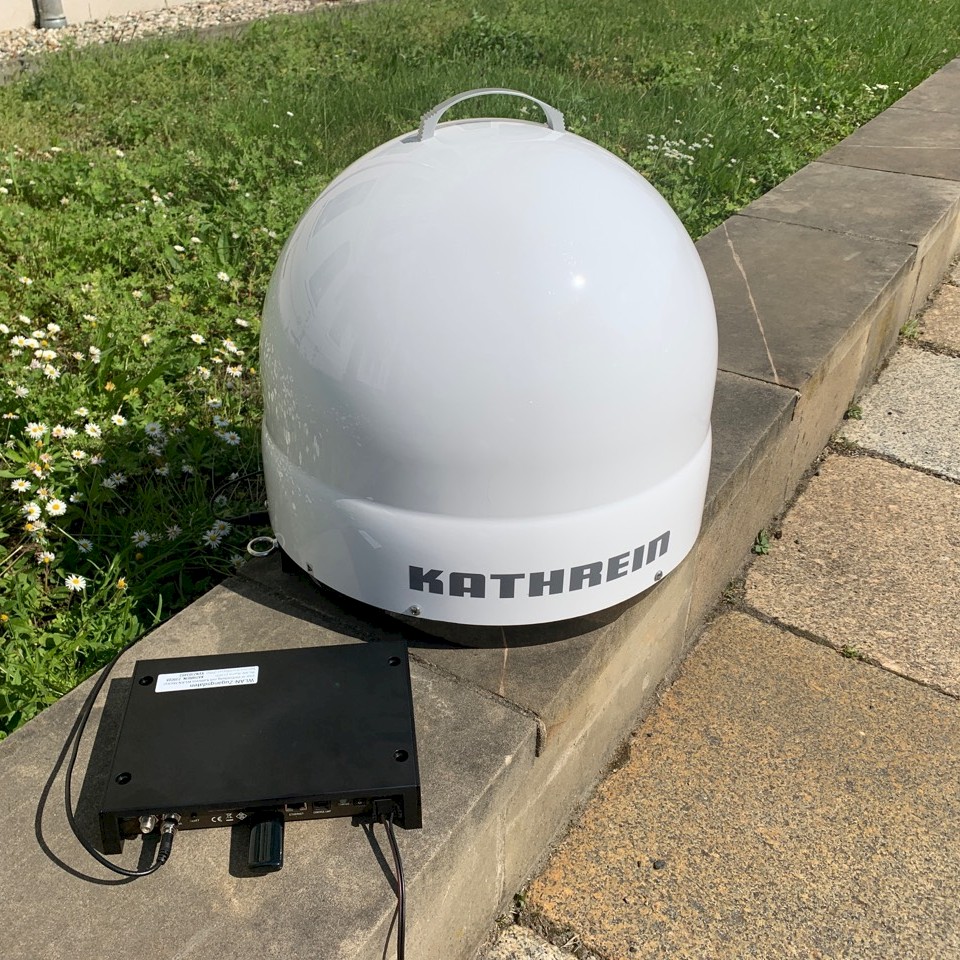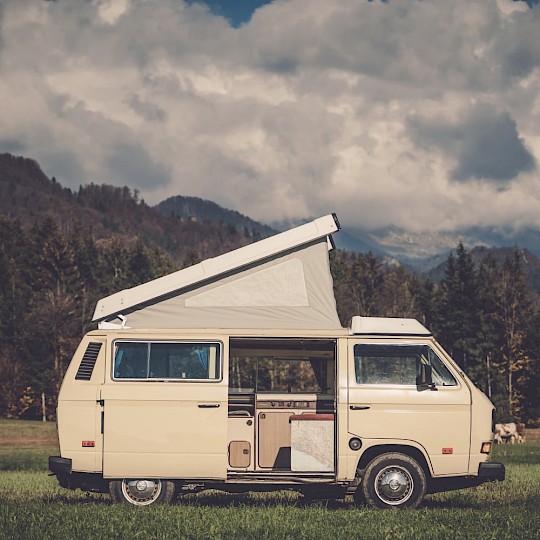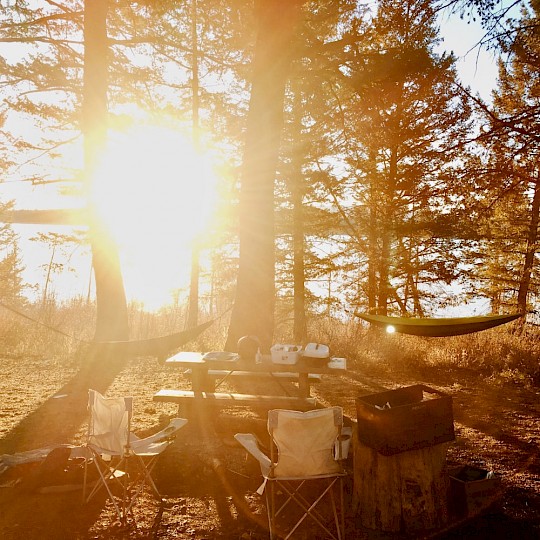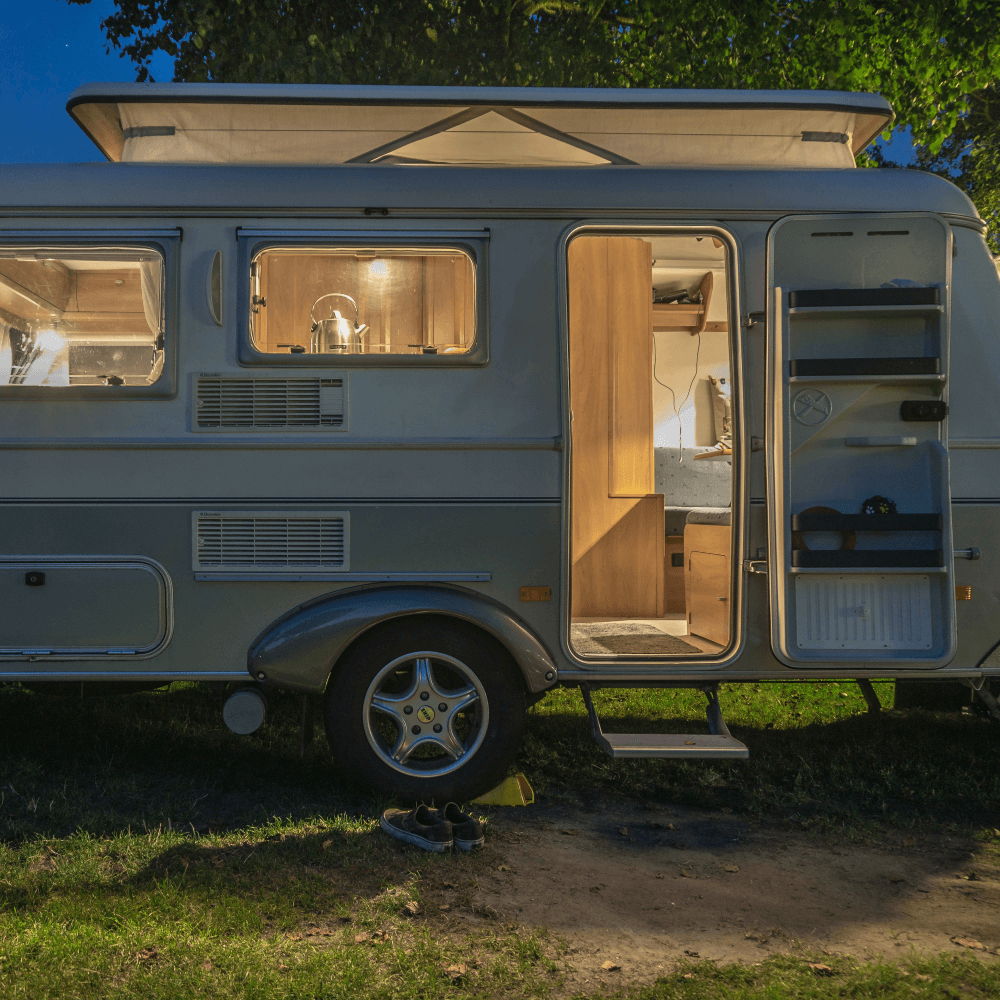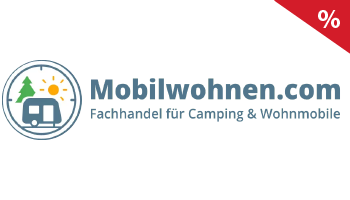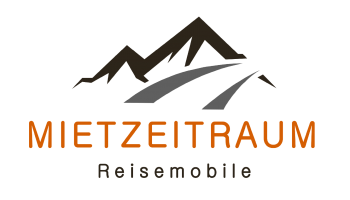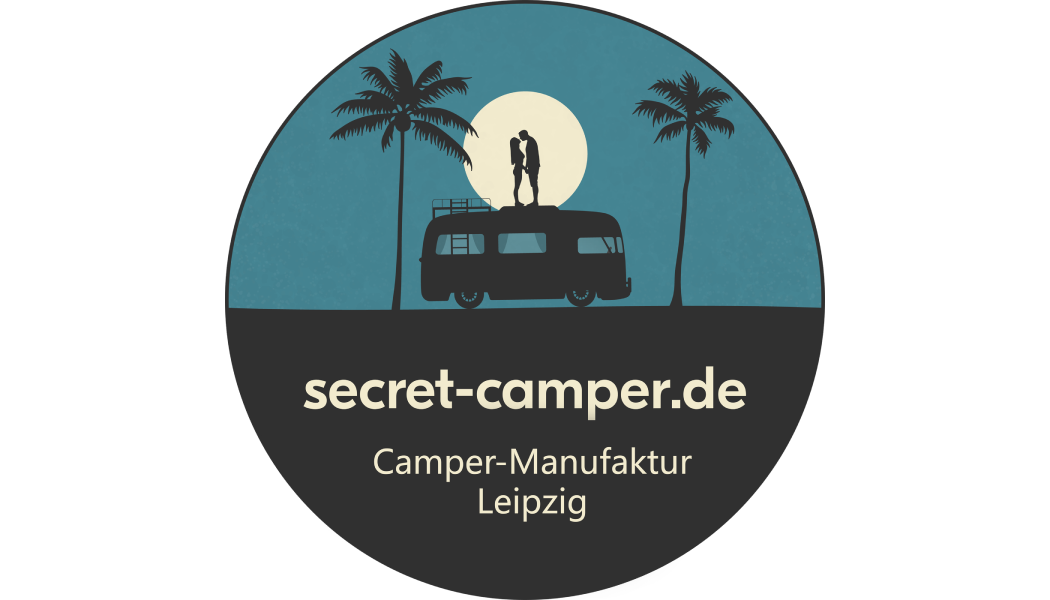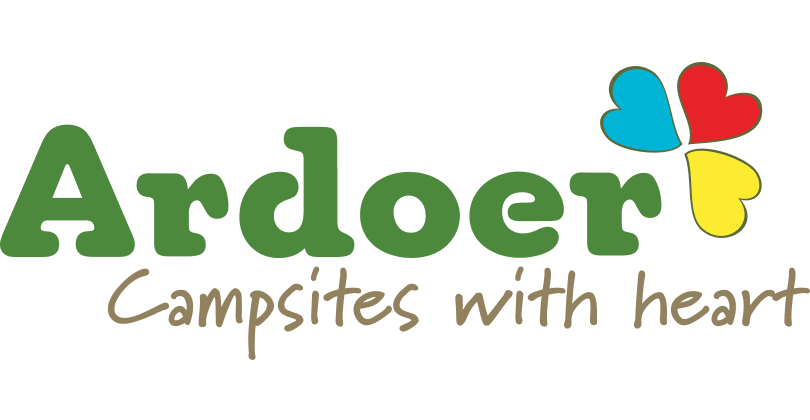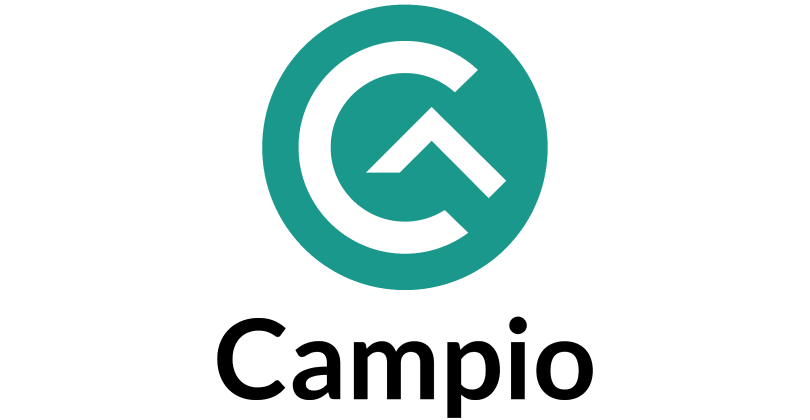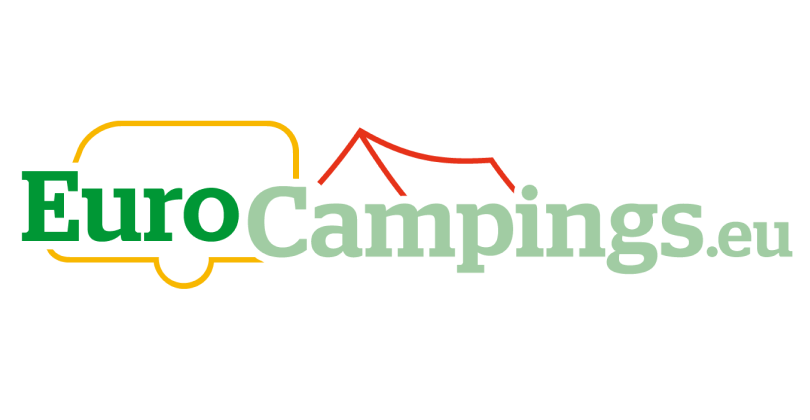Fact #1 - Louvre
If you look at every artwork in the Louvre for just ten seconds, you'll still need 97 hours to see everything. It houses a total of 35.000 works of art.
Fact #2 - Roundabout
In France, there are around 30.000 roundabouts, many of which are decorated with sculptures, or similar works of art. A world record, by the way.
Fact #3 - On the road
Between 500,000 and 1,000,000 French are driving without a license, and approximately 750,000 cars are not insured. So drive carefully.
Fact #4 - Traffic signs
Without some street signs, chaos would break out on the street, but the Parisians do without one important sign. Since 2012 there are no more stop signs in Paris.
Fact #5 - Pigeons in the army
As the only army in Europe, the French still use carrier pigeons. About 150 pigeons are stationed in Mont Valérien near Paris. They are used for communication in the event of a disaster.
Fact #6 - Short and concise
The municipality with the shortest name in the world is located in France in the Somme-Départment. How long is it? It consists of one letter, Y. And the inhabitants? Of course, they are called Ypsilons.
Fact #7 - Who wants to enjoy must suffer
The most popular delicacy in France is oysters. On average, about 2,000 French people injure themselves so badly every year that they need medical attention.
Fact #8 - Champagne
The French like some luxury. They drink over 180 million bottles of champagne a year. This is a world record and accounts for more than half of the world's champagne consumption.
Fact #9 - The land of love
Many people associate France with love, but the French go further than you think. In France, it is legally allowed to marry a dead person. Very bizarre but true.
Fact #10 - One for all and all for one
Parisians like to travel black on public transport. So much so that a large community has formed that pays into one pot to pay any fines from it.






